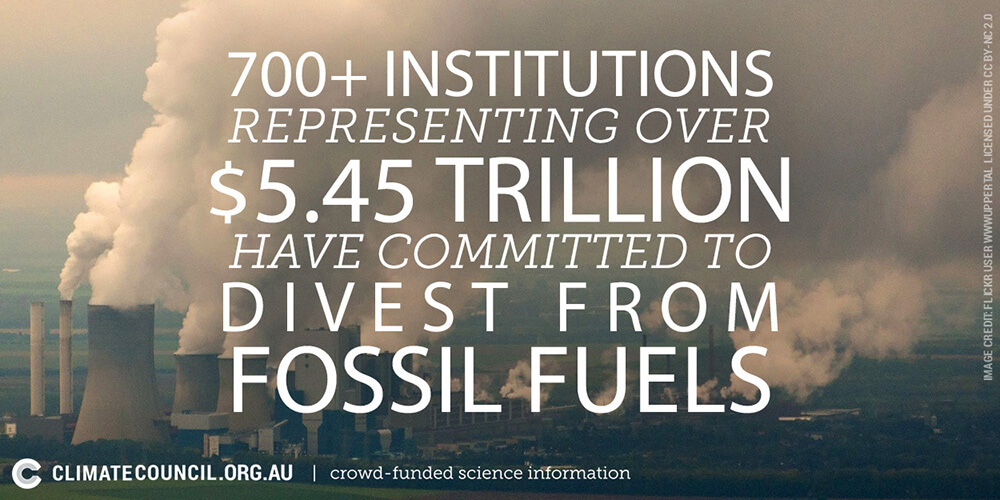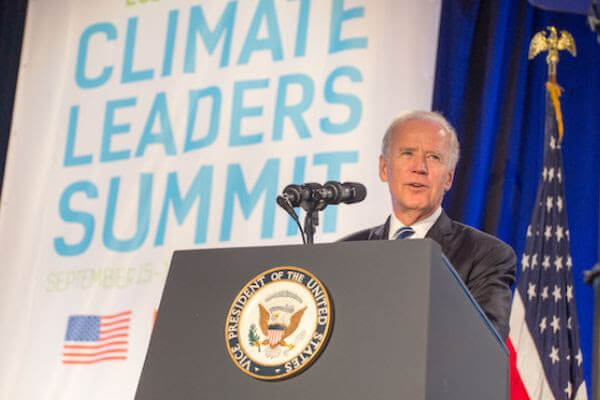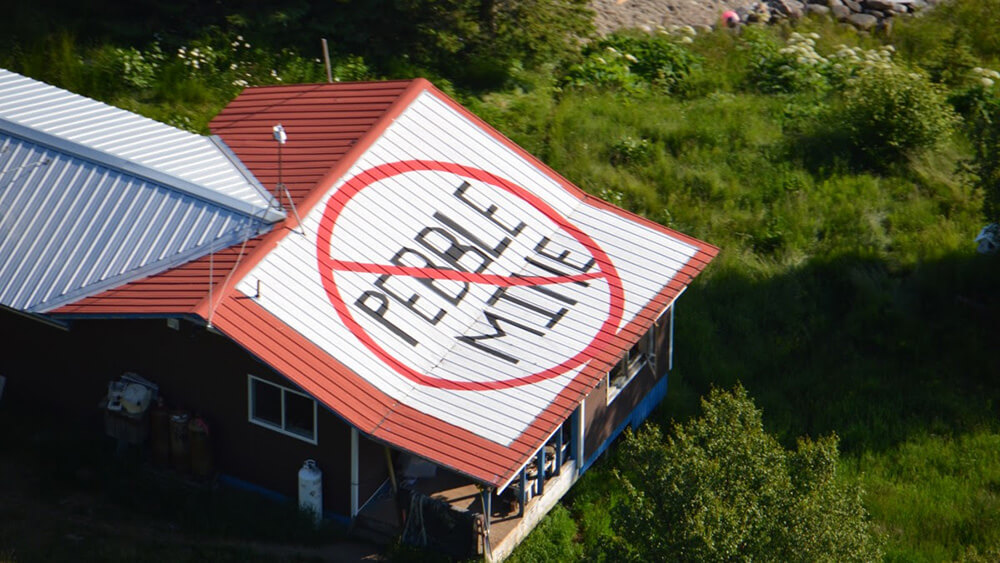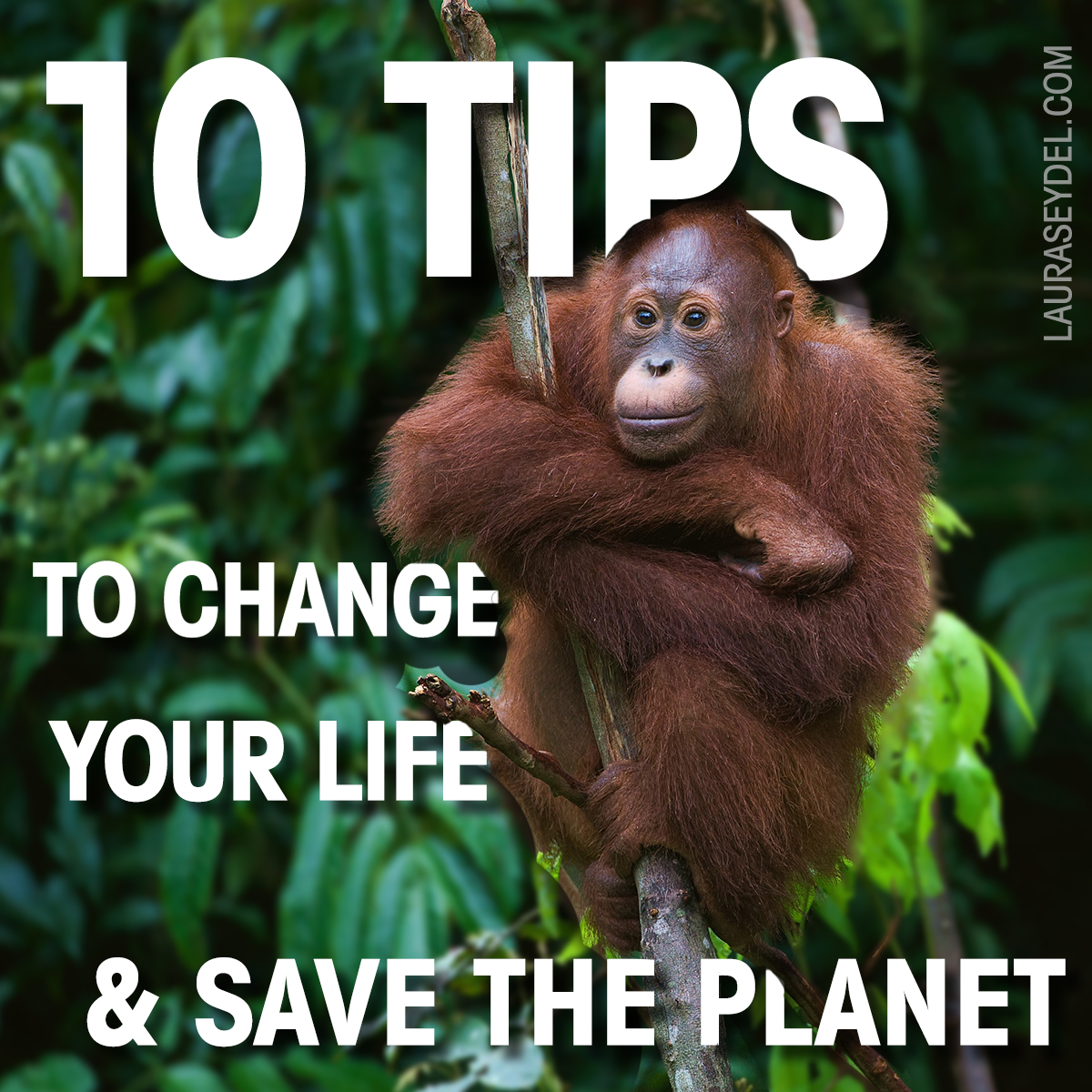This year was one of extremes, but in the end, the soul of our nation helped transform oppression to possibility and renewed opportunity toward a brighter, kinder, and healthier America.
There is much to look forward to on the horizon. All creatures, great and small, from the bee to the bison to the creatures in the deepest sea, need our advocacy more than ever as we continue to embrace stewardship home and abroad.
As we prepare to move into a new year, I’d like to take a moment and revisit some of the awesome accomplishments of 2020. That’s why I’m looking forward to 2021 and beyond. Because if we can keep up the fight with all that 2020 brought to the table, I’m confident that the future can only be more fruitful if we all continue to work together strategically to scale existing solutions.
For starters…

This October, we reached the 50 ratifications needed for the UN Treaty on the Prohibition of Nuclear Weapons to enter into force on January 22, 2021!
Here are 5 examples of the type of activities that will be illegal under international law when the Treaty goes into effect:
- Development of new nuclear weapons
- Assisting with developing nuclear weapons
- Hosting of nuclear weapons
- Manufacturing of nuclear weapons
- Encouraging the use of nuclear weapons

All 6 of the largest banks in the U.S—Chase, Wells Fargo, Citigroup, Morgan Stanley, and Bank of America — said they would divest from funding drilling in the Arctic National Wildlife Refuge. This is incredible news because it shows that corporate America is finally catching onto the idea that fossil fuels are bad for business.

Part of the silver lining of 2020 was the privilege of getting to spend more time outside. Those who enjoy spending time in nature got to appreciate it more, while those who might not have otherwise ventured too far had the opportunity to fall in love with the outdoors.
The passage of the Great American Outdoors Act speaks is a testament to an all-American infatuation with wilderness. This bill allows for National Parks to repair crumbling infrastructure and provides $900 million annually for land and water conservation passed with overwhelming bipartisan support, proving that nature is important to all of us, and protecting it is something we can and should always agree on.

2020 saw a dramatic rise of the interest in organic, locally grown produce. Organic acres have reached a new record, 3.4 million, up 4% from last year. In the first few months of the pandemic, organic sales skyrocketed, rising 22% in March, 18% in April, and 16% in May, and continuing to rise the rest of the year.
More families than ever began backyard gardening this spring, selling out seeds and garden supplies and ensuring a nearby food source that could give them peace of mind.
This news is so encouraging because it shows people are more dedicated to becoming resilient and self-reliant when it comes to growing food in communities they know and trust.

The last decade has been full of innovation that have brought sustainable solutions to the climate crisis to scale. Think back to where we were 10 years ago..
There were only about 17,000 electric cars on the world’s roads in 2010. By 2019, that number swelled to 7.2 million.
Wind and solar capacity quintupled over the 2010s, from 36GW to 183GW.
Solutions to the climate crisis exist. We simply need to bring them to scale. And the progress made over the 2010s proves that we are most capable when we work together.
For more information about bringing sustainable climate solutions to scale, check out the 2020 Drawdown Review.

With Joe Biden’s win in November, we can expect a renewed focus not only on being great American citizens, but also great global citizens by doing our part to reduce dangerous greenhouse gas emissions for the health of all people, our planet, and our children’s future.
Now, we have a president committed to scaling climate solutions to the tune of $2 trillion and ending billions of dollars in taxpayer subsidies to fossil fuel companies.
Biden’s Cabinet Picks should not go uncelebrated either. He has nominated Climate Champions like Gina McCarthy (head of the Natural Resource Defense Council and ran the EPA under President Obama) to be the first-ever National Climate Advisor and John Kerry to be Special Presidential Envoy to manage the U.S. role in global climate action.
The most exciting of these picks, however, must be Rep. Deb Haaland, a member of the Laguna Pueblo in New Mexico. If confirmed, she would be the country’s first Native American Cabinet secretary. Fittingly, she’d do so as head of the agency responsible for not only managing the nation’s public lands but also honoring its treaties with the Indigenous people from whom those lands were taken.

This year we had a major victory for indigenous communities and their ancestral lands.
In November the Pebble Mine in the Bristol Bay of Southwest Alaska was denied a building permit based on the structure’s violations of both the Clean Water Act and the Rivers and Harbors Act. This particular rejection is significant because, for the first time, the fishing industry and indigenous communities banded together to protect the salmon runs now and in perpetuity.

A couple of my favorite highlights from this year include two new films that brought the beauty and promise of regenerative organic agriculture, healthy soil, and the world beneath our feet to your living room. Check out these movies on streaming or rental services near you:
- Kiss The Ground, a deep dive into regenerative agriculture’s potential to combat climate change that artfully illustrates how, by drawing down atmospheric carbon into the soil, we can mitigate climate change simply by letting soil do what it does best.
- Fantastic Fungi, a beautiful documentary by the pioneer time-lapse cinematography and my friend, Louie Schwartzberg, that brings the invisible life in the soil to a grand scale. It’s a unique and captivating film that takes you on an educational journey led by world-renowned mycologist Paul Stamets and other experts like Michael Pollan who unearth the often-overlooked network of fungi that can heal us and save our world.
For more information about how organic and regenerative farming practices can help restore the balance of nature and mitigate the climate crisis, check out this White Paper from the Rodale Institute: Regenerative Agriculture and the Soil Carbon Solution
More importantly, let’s not forget all that’s left to do. Together.
Footholds of agency exist at every level. There is no action too small for an individual or an institution to take in the face of the climate crisis.
If you would like to answer the call, but don’t know where to begin, here are some ideas to hit the ground running in 2021:
- Visit soilpolicyaction.org to support healthy soil legislation
- Join a CSA Group (Community Supported Agriculture) near you, and buy local products to support local farmers!
- Support the Break Free From Plastic Pollution Act if you’re frustrated by living in a world overrun by plastic! (See this article discussing microplastics found in placentas)
- Light up the phone lines of your legislators and be vocal about issues that concern you!
It takes a village to move progress forward.
Until we can gather again, let’s keep our voices loud, our feeds filled with facts, and cause some Good Trouble.
Happy New Year!



